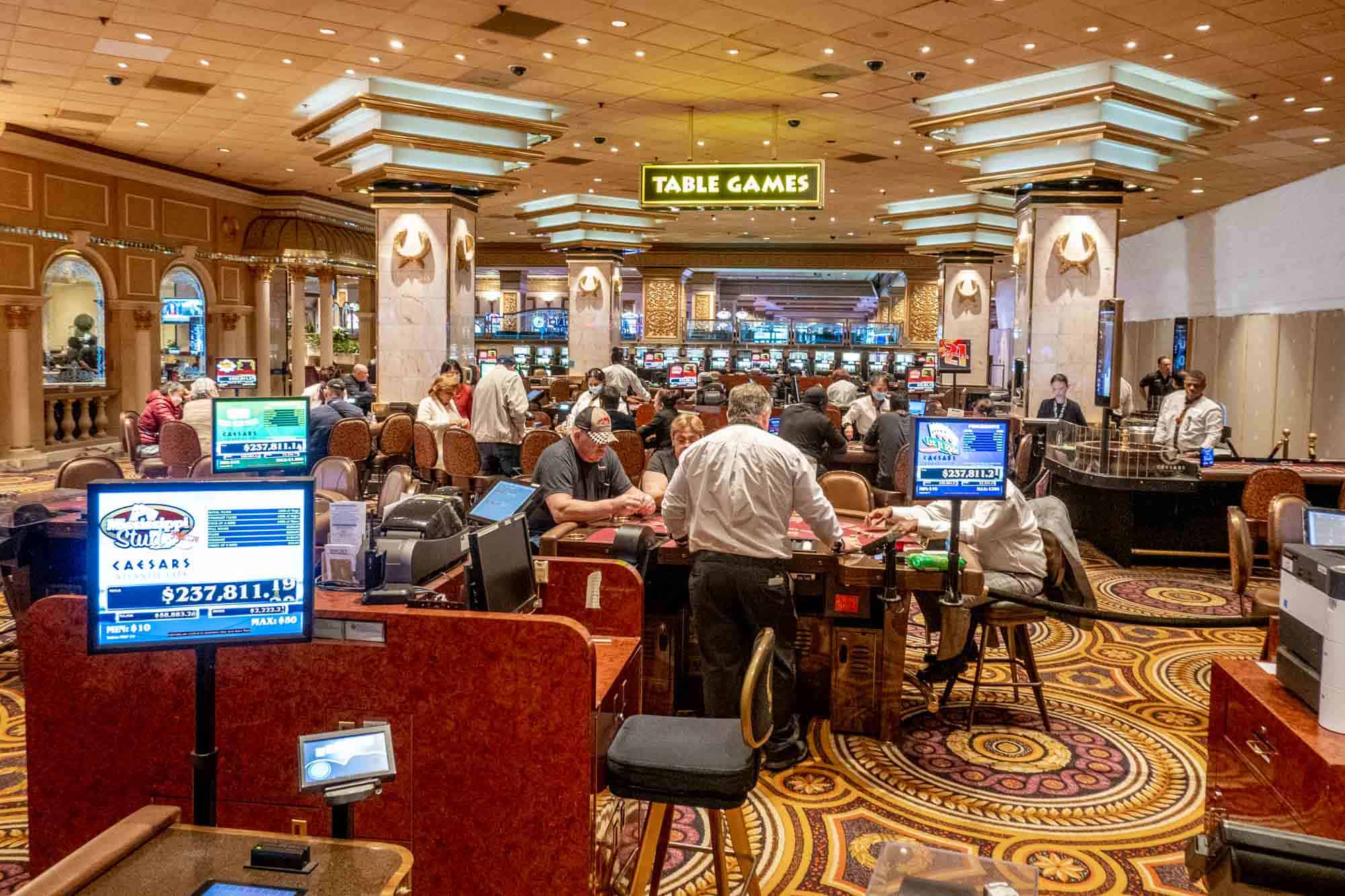Casino games have long been a fascinating form of entertainment, drawing numerous of players from diverse cultures around the globe. nổ hũ mmlive From the lively casinos of Las Vegas to the bustling gambling halls of the Cotai Strip, these games serve as a bridge that connects people across various backgrounds. The allure of luck, skill, and gambling entices not only those hoping to gamble for profit but also those looking for a shared experience. mmlive
The cultural impact of casino games extends well beyond the gaming floor. They often reflect the values and beliefs of the communities in which they thrive. Games such as seven-card stud, pontoon, and the wheel game have woven themselves into the tapestry of cultural phenomena, influencing various aspects from cinema to style. As we explore this intriguing intersection of luck and society, we can better understand how casino games shape and are affected by the environment surrounding us.

Historical Development of Casino Games
The beginnings of gaming games can be followed back to old civilizations, where betting in multiple forms was extensively performed. In the East, around 2300 BC, a form of lottery known as Keno was popular, while in historic the Roman Empire, soldiers would regularly gamble on the results of their contests. The idea of using randomness for entertainment and income evolved over the years, leading to the creation of more formal activities. By the late Middle Ages, betting houses initiated to emerge in European nations, notably in Italy, which presented early incarnations of popular activities still enjoyed today.
As gambling expanded recognition in Europe, the 17th and 18th centuries saw the rise of gaming houses as dedicated venues for betting. The earliest official gaming venue, the Ridotto, was established in the Venetian city in 1638, offering games like Baccarat games and Faro games. This time marked a crucial pivoting point, as casinos began to attract not just the high society but also the growing middle class. The complexity of activities increased, leading to the creation of new regulations and variations that improved the gaming experience.
In the 19th century, the industrial revolution and shifts in societal standards also changed the terrain of gaming activities. The introduction of roulette and new one-armed bandits pulled in a broader crowd, and gambling establishments became seen as legitimate forms of entertainment. This era witnessed the international spread of casino activities, as gambling houses extended from the continent to the Americas, culminating in the establishment of the legendary Las Vegas Boulevard in the 1900s. The evolution of casino games has persisted into the present day, integrating modern technology and digital platforms, making them open to a global audience.
## Cultural Importance within Various Communities
Casino games have deep-rooted cultural and social value in numerous societies around the world. Places like Las Vegas, the very core of the urban landscape is woven around casinos, where gambling is not just a recreational activity but a key aspect of entertainment and social interaction. The dazzling lights and dynamic atmosphere attract a vast audience, showcasing how casino games can impact local financial landscapes and local cultures. This surrounding transforms the notion of relaxation into an enriching experience that influences apparel, sound, and even cinema.
Conversely, some cultures treat wagering with more caution, viewing it through the lens of ethical beliefs and tradition. A case in point, in many Eastern societies, games like Mahjong and Pai Gow Poker are rich with history and have significant social meanings. These games are often played during get-togethers and celebrations, fostering collective connections and strengthening family ties. The act of engaging in these games goes beyond mere entertainment, reflecting principles such as honoring elders and the significance of collective enjoyment.
Simultaneously, in continental countries such as the principality of Monaco and Italy, games of chance serve as symbols of wealth and sophistication. The refined atmosphere of these locations attracts both visitors and locals, reinforcing a sense of status and elitism. The art of Texas Hold’em and the tactical components of games like the game of baccarat are celebrated, molding social dynamics and establishing an attraction that captivates a varied audience. This highlights how casino games can concurrently mirror and shape societal views towards hazard, reward, and social interaction.
Financial Influence and Tourism
Casino games play a crucial role in the economic landscape of many regions, particularly those that depend significantly on tourism. The revenue generated from casino operations fuels local financial systems, creating employment opportunities not only within the casinos themselves but also in connected industries such as hospitality, dining, and recreation. This influx of tourists, drawn by the allure of games and the overall casino experience, stimulates expenditure across multiple businesses, contributing to the economic vitality of the area.
The presence of casinos often leads to the development of infrastructure, including hotels, transportation systems, and recreational facilities. These improvements are essential in improving the overall tourist experience, making destinations more appealing to visitors. Additionally, many casinos contribute in local communities through support of events and philanthropic initiatives, further embedding themselves into the community structure of the region. Such investment not only supports economic growth but also cultivates a positive image of the casino industry.
Moreover, the global popularity of casino games drives tourism competition, with locations vying to attract players from across the globe. Iconic locations like Las Vegas and Macau have become synonymous with gambling culture, drawing millions annually. This competitive edge encourages creativity and diversification within the gaming industry, influencing trends in entertainment and hospitality that extend beyond their limits. The consequences of this tourism extend far, impacting local financial health and cultural interactions on a worldwide scale.